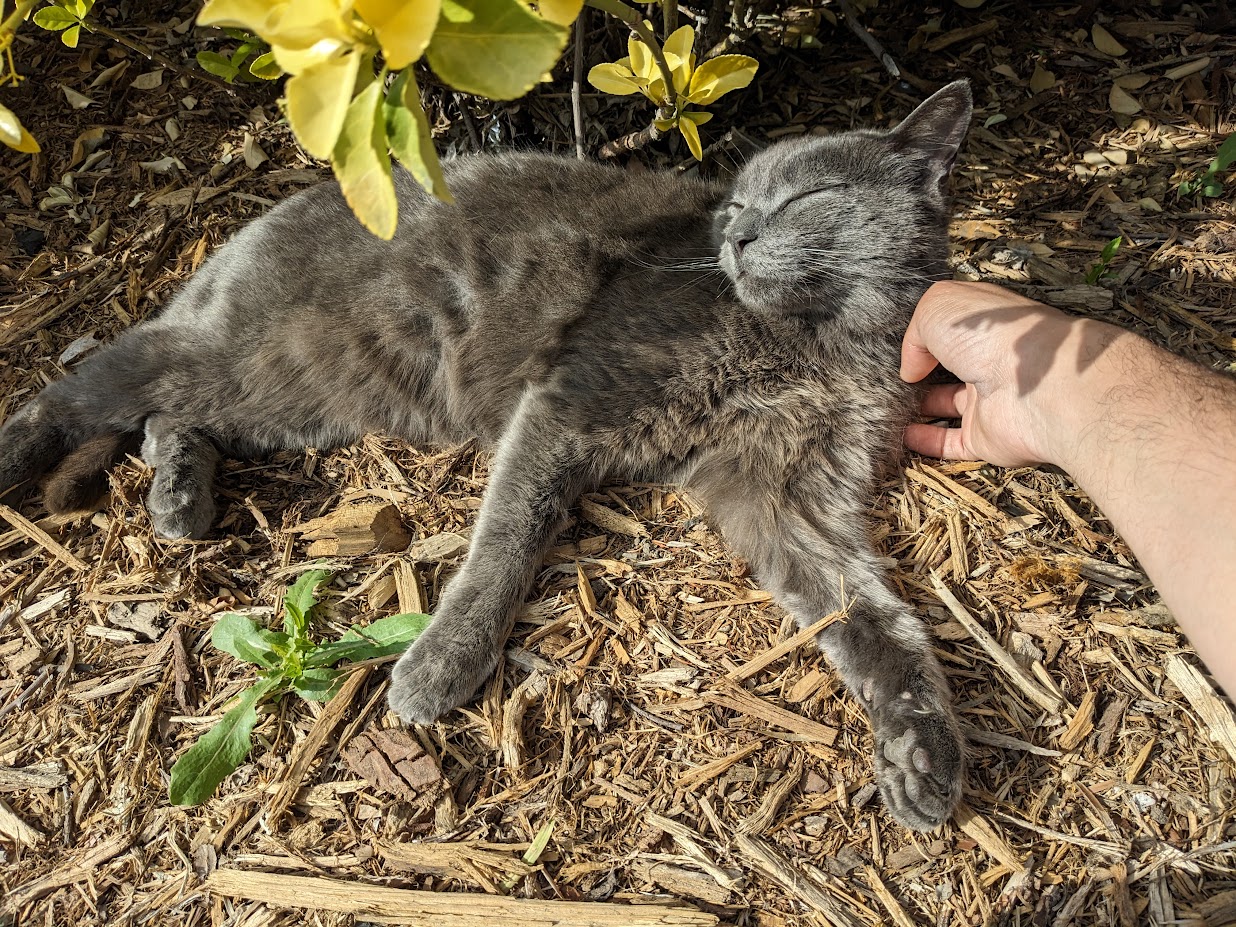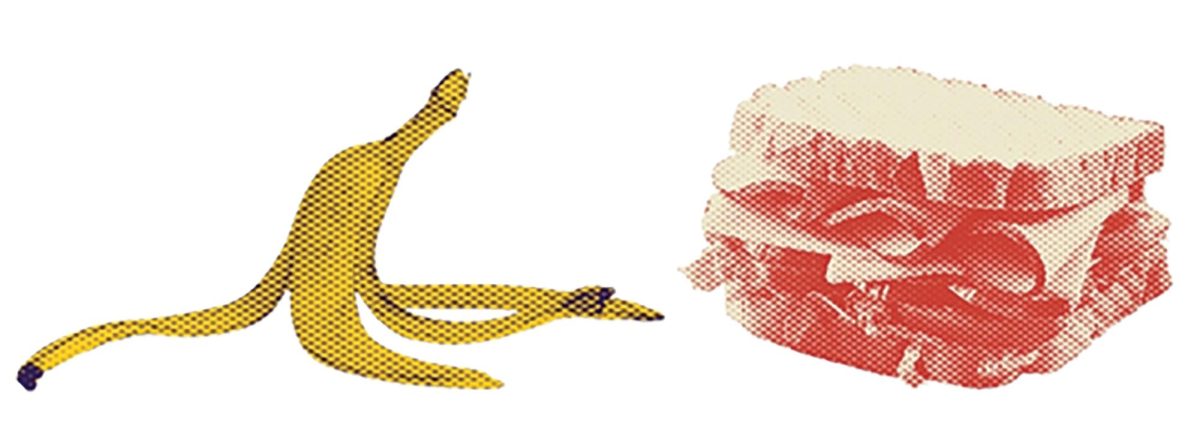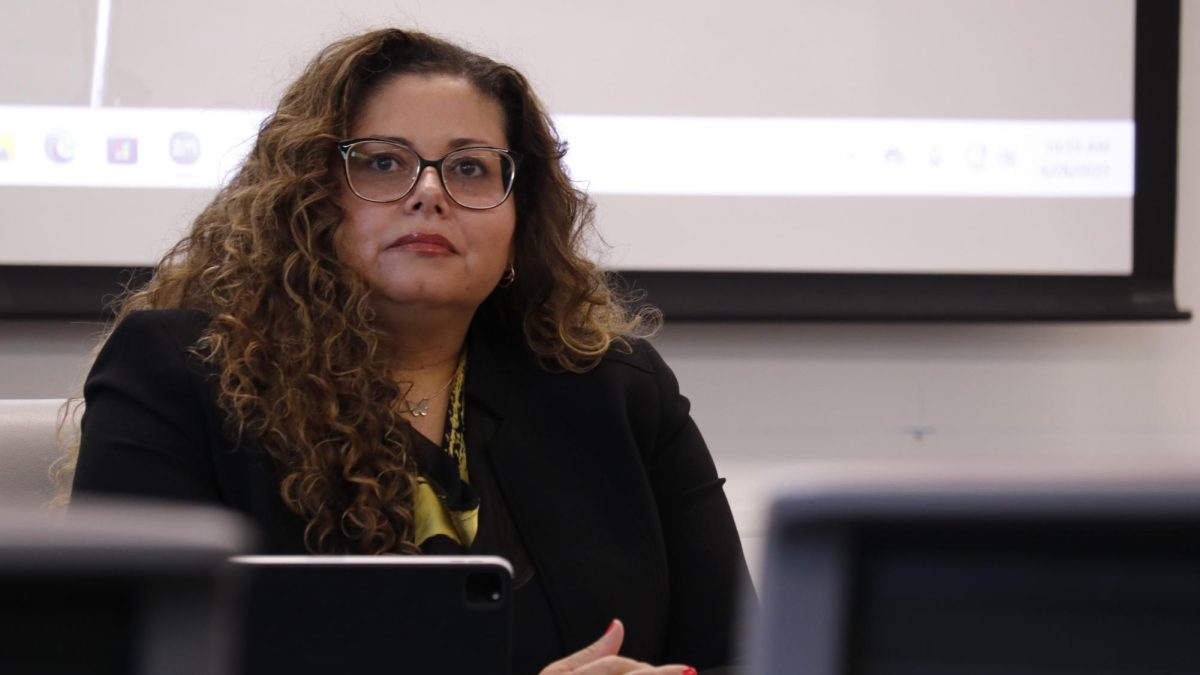CSUN Campus Cats is a new student-led club that wants to raise awareness towards the university’s largely unseen feline companions.
A thick green bush near the Sierra Center hides a furry friend. Hidden underneath a ceiling of green leaves, a dark gray cat named Einstein curls up in the shade atop his bed of wood chips, sleeping peacefully and trying to stay cool. Dozens of students walk by, unaware of what’s lying only a few feet from them, hiding in plain sight.
Madalyn Haase, a senior psychology major, used to be one of those students. But during her freshman year she stumbled upon Einstein while she was walking. At first it was a quaint novelty, until Haase learned Einstein was only one of many: around seven feral cats in total roam the campus.
“I saw the CSUN Squirrels instagram… it always lifted me up during exams,” Haase said. “I wanted to recreate that for the cats, because I felt like they didn’t get a lot of attention.”
The new CSUN Campus Cats instagram quickly grew in popularity after it started last fall, with dozens of students submitting their own pictures and videos of feral cats being caught in the open. Now, Haase is creating an official club to get other students involved in caring for feline friends on campus.
But Haase isn’t treading on new ground. An old club which first started in 2001, the CSUN Cat People, originally held the torch. Back then, there were close to 75 feral cats on campus.
One of the club’s original founders, Louise Adams, knew something needed to change or else the population would grow out of control. The club used a system called Trap-Neuter-Return, or TNR.
A volunteer team of faculty and students would trap the feral cats, bring them to clinics where they would be spayed, neutered, given vaccines and any other necessary medical care before being returned to CSUN.
The method allowed the CSUN Cat People to control the current cat population while also keeping them in place. The feral cats call the campus their home and wouldn’t acclimate to social settings well. If any cats were deemed ‘social cats,’ meaning cats that are comfortable being around humans, they would be given new homes through adoption. Through the team’s efforts, Adams said they’ve rehomed 53 cats and kittens in total.
The efforts speak for themselves. CSUN’s feral cats are few in number and some are as old as ten years, while the average age of a feral cat can be as low as one or two years.
“Now at CSUN, there’s seven cats. So the program worked the way it was supposed to. We’re thrilled,” Adams said. “We’ve controlled the population and everybody’s healthy.”
The CSUN Cat People were forced to disband around 2006, when the then CSU Chancellor enacted an executive order that forced all clubs to have at least five student members. Adams was the only student involved, the rest being faculty members.
The setback didn’t slow them down. Now operating a more underground operation, a team of volunteers continued to trap and care for the cats. Adams herself continues to visit CSUN twice a day to set out food.
“Some of the members that worked at CSUN, they retired, and they still buy cat food for the cats and donate it to me periodically,” Adams said. “So there’s an extraordinary commitment there.”
Haase’s new club, the Campus Cats and Rescue Animal Advocates — or CSUN Campus Cats for short, won’t inherit all the responsibilities of the older group. She wants to focus on awareness, advocacy and quality of life, like cleaning around the cat’s stomping grounds.
“It would be a marvelous tool to educate people about compassion and empathy for the animals there, not just the cats,” Adams said about the new club.
Another issue is where cats tend to come from. Haase says students living in on-campus housing tend to bring cats into their dorms despite it being against the rules.
“Many students in campus housing will get a cat only to realize how much work it takes and how messy they can be,” Haase said. “Students then see that the campus feral cats seem to be well taken care of so they just drop the cats into the campus not knowing that they’ll have to be removed.”
Amanda Harrison, an English and Queer Studies professor, is the new club’s academic advisor. She has known Adams for years, and was thrilled to hear of a new club forming.
“It’s really been largely a faculty-driven effort in the past,” Harrison said. “So I think it’s great that the students are going to be involved and want to be involved.”
Harrison has worked with feral cats for years. In 2022 she helped create “Crazy Cat Lady,” an award-winning documentary about the feral cat crisis in Los Angeles. Advocacy groups reported in 2022 that Los Angeles had an estimated 1 to 3 million feral cats, due to the city refusing to use government funding to help spay and neuter.
“I think it’s really important to understand that the CSUN cats are a microcosm of what’s happening in Los Angeles. And CSUN has done it well and CSUN has done it right,” Harrison said. “And by understanding that, it can be done well and it can be done right everywhere in Los Angeles.”
Those interested in joining the CSUN Campus Cats club can fill out their online membership form. They are also accepting funding donations.












